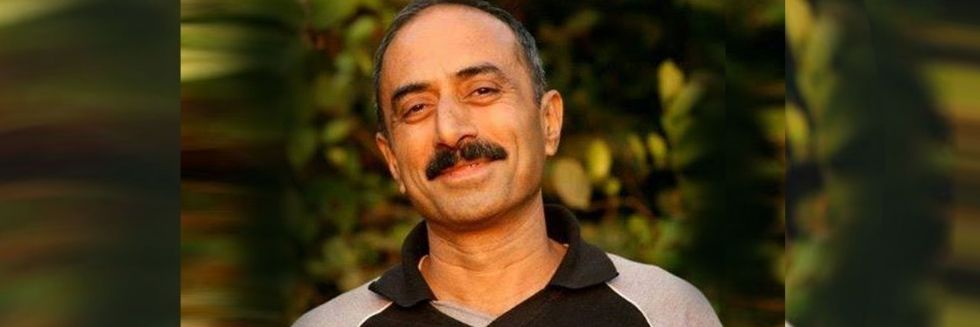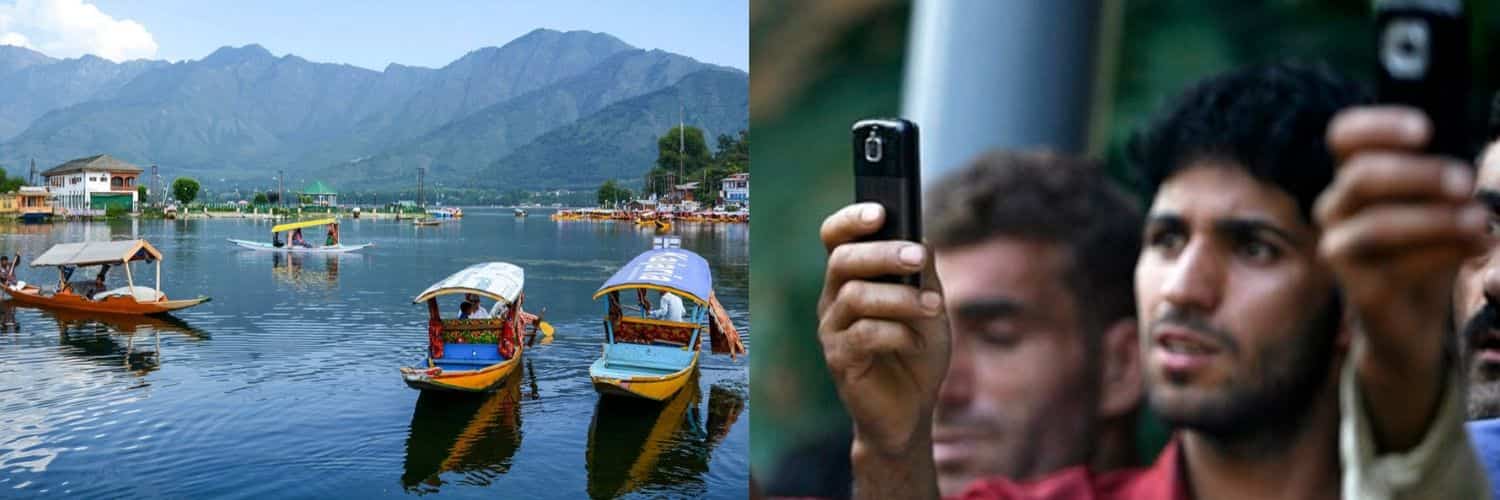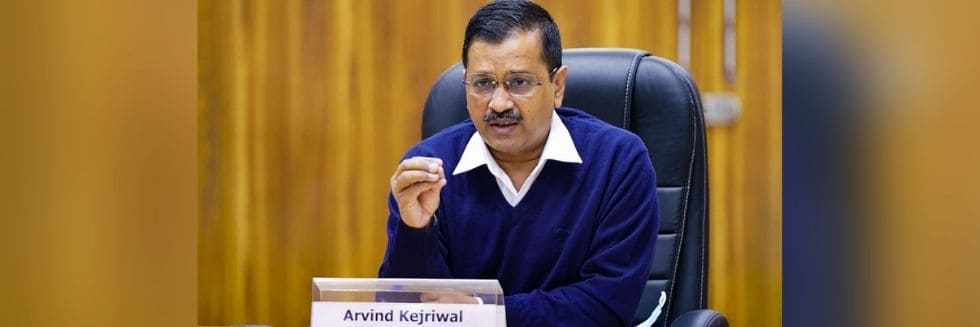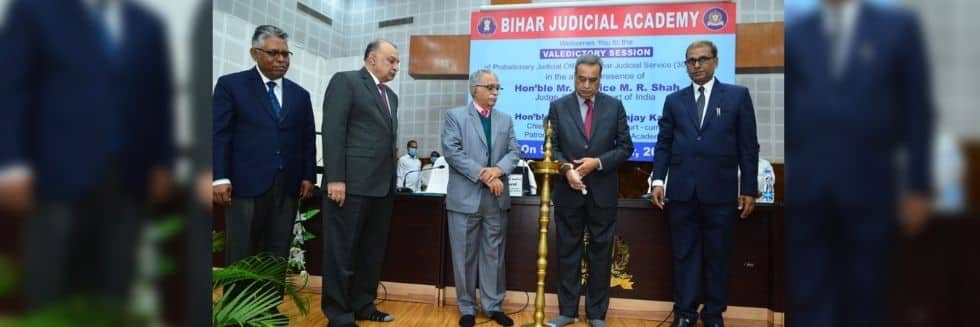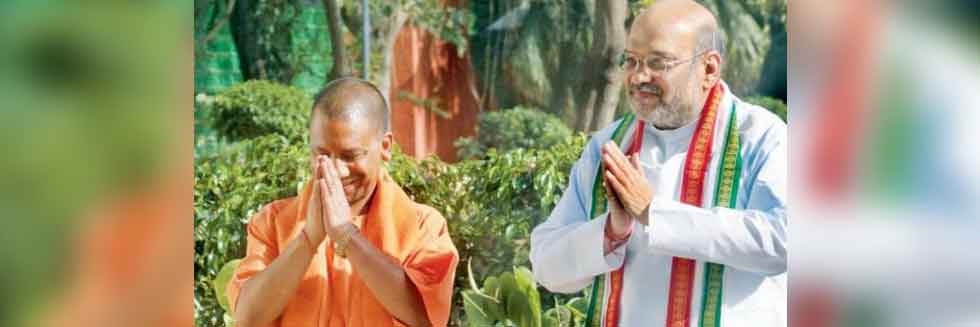The former Indian Police Service officer of the Gujarat-cadre, Sanjiv Bhatt has approached the Supreme Court, challenging the Gujarat High Court’s order, which had declined to suspend his life sentence imposed by a Jamnagar court on 20 June 2019, in relation to a 30-year-old custodial death case.
The bench comprising of Justices Ashok Bhushan, MR Shah, and R Subhash Reddy adjourned the case at the request of Bhatt’s counsel Advocate Farrukh Rasheed. The petitioner questioned the validity of HC’s order of 25 September 2019 when it had admitted his appeal for consideration but refused to suspend the sentence. As an interim measure, during the pendency of his appeal, he said that his liberty must be restored as his conviction has not been confirmed.
Bhatt was directed to undergo life-imprisonment by a Sessions Court in Jamnagar in June 2019 for involvement in the custodial death of Jamjodhpur resident Prabhudas Vaishnani in November 1990.
In October 2019, the Gujarat High Court had refused to suspend his sentence observing he had had scant respect for courts and had deliberately tried to mislead the courts. Bhatt is currently lodged at Palanpur jail.
A division bench of Justices Bela M Trivedi and AC Rao of the HC had observed that “It appears that the applicant has scant respect for the Courts and is in the habit of misusing the process of law and scandalizing the Court.”
The officer, who had earlier filed an affidavit against Narendra Modi over his ‘role’ in the 2002 Gujarat riots, claimed that the HC failed to appreciate that he had been persecuted by the state agencies from 2011, though they defended him since 1990. He claimed to have attended a meeting convened by the then CM, Mr. Modi, on 27 February 2002, the day of the communal riots, when instructions were allegedly given to the State Police to not take any action against the perpetrators of violence.
In the petition filed before the SC, Bhat has argued that the High Court had failed to appreciate the fact that the state government started prosecuting him only after 2011 when he came out against Narendra Modi. Till then, the stand of the State had been that there was no case against Bhatt, the plea stated. The incident relates to the death of one Prabhudas Madhavji Vaishnani in November 1990, which was allegedly due to custodial torture. At the time Bhatt was the Assistant Superintendent of Police Jamnagar, who, along with other officers, took into custody about 133 persons, including Vaishnani, for rioting during a Bharat Bandh.
Vaishnani, who was kept in custody for nine days, died ten days after release on bail. As per medical records, the cause of death was renal failure. Following his death, an FIR was registered against Bhatt and few other officers for custodial torture. Cognizance of the case was taken by the Magistrate in 1995. However, the trial remained stayed till 2011 due to stay by the Gujarat High Court. Later the stay was vacated and the trial commenced.
The IPS officer has contended that the High Court failed to see that the alleged custodial death happened many days after the release of the prisoner from police custody on November 18, 1990.
Bhatt, who was sacked in 2015, approached the SC alleging that although nearly 300 witnesses were listed by the prosecution, only 32 were actually examined in the trial, leaving out many crucial witnesses. Three policemen who were part of the team which investigated the offense, and few other witnesses who denied any incident of custodial violence were not examined by the prosecution, stated Bhatt. He argued that the case against him was a part of “political vendetta”.
The Court appointed SIT however gave a clean chit to Modi. Subsequently, in 2015, Bhatt was removed from the police service, on the ground of ‘unauthorized absence’. Further, in October 2015, the Supreme Court dismissed Bhatt’s plea for constituting a special investigation team (SIT) for cases filed against him by the Gujarat Government while observing that, “Bhatt was in active touch with leaders of a rival political party, was being tutored by NGOs, was involved in politics and activism of creating pressure, even upon the 3-judge bench of this court, amicus and many others”.
